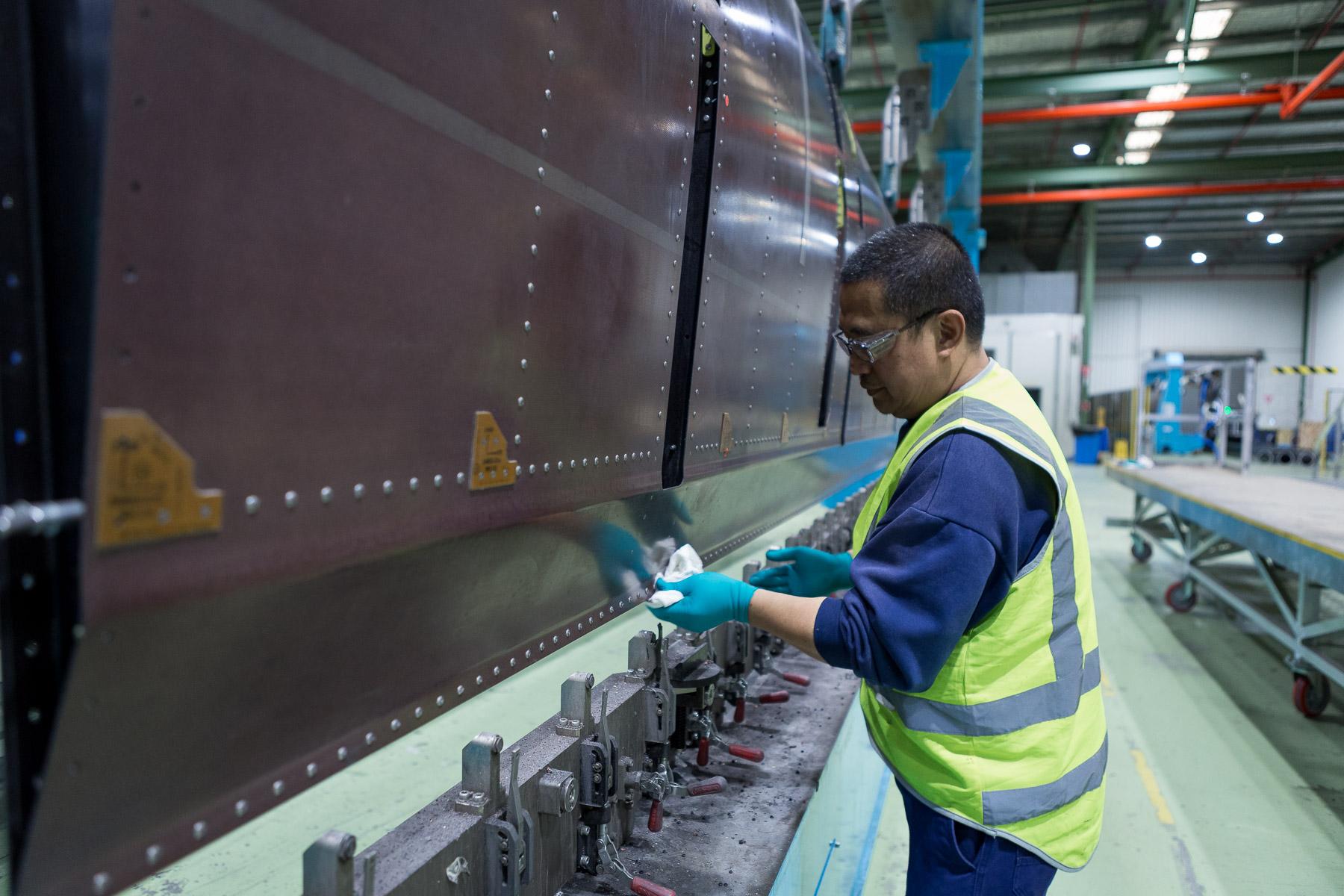
Export control regulations can be intensely personal. This is often missed in esoteric discussions of defence industrial policy and its future under the AUKUS partnership. A new study from ASPI brings the point home, illuminating AUKUS regulatory reform not from the perspective of defence officials and think-tank wonks but of Australian businesspeople who deal with it every day.
We debate process tweaks at the Defense Export Controls Branch office (DECO) or in the Defence Industry Security Program. Meanwhile, small-business owners across Australia go home at night wondering about an export authorisation request sitting on a desk somewhere. A three-week delay could mean missing a mortgage payment on the family home.
Small-business owners faced with such challenges struggle to find a voice in ongoing debates over what it will take to achieve AUKUS’s broad strategic goals. At the same time, the largest prime contractors lose hope that Defence will be able to execute its ambitious proposals for expanding the submarine force and empowering industry collaboration. Both groups feel that Defence is not listening to their concerns.
Meanwhile, Defence attends conferences and organises seminars. It posts rule changes for public comment and incorporates feedback into its operational planning. What is the disconnect? Why is everyone talking past one another?
Identifying who has succeeded in Australia’s challenging defence-industry environment suggests an answer to this question.
Long hobbled by meager domestic demand, cumbersome Defence procurement practices and a lack of alignment with international security standards, Australia’s domestic defence industry is composed disproportionately of small enterprises. At the same time, most of Defence’s procurement dollars go to multinational prime contractors and their Australian subsidiaries. Rarely are these local subsidiaries engines of growth. Rather, they are necessary vehicles for serving the Australian Defence Force and are charged with making the most of a difficult situation.
The winners are in the lucky middle: those few Australian companies that have grown big enough to stand out from the crowd. Not too small, they are the champions of policymakers looking for success stories. Not too large, they maintain their local connections and Australian roots. When one of them calls, DECO picks up the phone. Export control administrators understand their products and markets. Everyone wants to help.
When Defence talks to such companies about how to make AUKUS successful, it is gathering feedback from a biased sample. It is talking to winners from the past. If it wants to stimulate growth across the broader defence industry, it needs to enable the winners of the future. That means creating an environment where businesses across the size spectrum can thrive.
Defence must go beyond business-as-usual if it is to realise gains from the AUKUS partnership. The goal is not to make international collaboration possible, but to make it easy. Australian small businesses face a host of disadvantages relative to their peers in the US and Britain. They lack the knowledge and networks necessary to sell abroad. They lack the human and financial resources to build and maintain compliant business systems. They lack the capital to scale up and deliver on orders to a defence customer with 1.3 million active-duty servicemembers rather than 77,000.
Large businesses, on the other hand, lack a sovereign partner comparable to that of the US or British governments. Australian public investment in early-stage research and development is negligible next to that of the United States. It is those public investments that feed defence innovation pipelines and fill gaps where private businesses can’t be profitable. Acquisition practices are similarly rudimentary, too fearful of potential impropriety to leverage the contract structures that will enable the growth of Australian global primes. Trade control administrators rely too heavily on the in-house expertise of large, private-sector partners, failing to appreciate their own critical role.
Free markets, and the creative destruction they embody, power the growth of Western defence industries. But the same market forces that reward innovation and punish inefficiency mean that AUKUS is both an opportunity and a threat. Get it wrong, and it could achieve the opposite of its intended purpose, crushing Australia’s defence industry under the weight of the world’s strongest competitor.
To avoid this fate, the government must be an enabler and a critical element of competitive advantage for Australia’s defence industry. It must bring its export control regulations up to international standards and protect the alliance’s technological secrets. It must avoid the mistakes that plague the US International Traffic in Arms Regulations by doing it better and faster, opening new opportunities for Australian businesses as well as US ones looking for a smoother path to international markets. It must address critical bottlenecks that inhibit growth, from industrial security infrastructure to international business development.
The government must be an active partner with all Australian businesses. Rather than focusing on past successes and celebrating easy wins, it must turn its attention to segments of the defence industry that have been poorly served.
Small businesses need far more help learning to operate in the complex and costly environment of international defence procurement. They need resource support comparable to that provided to foreign competitors if we expect them to succeed.
Large businesses need a sovereign partner that respects their capabilities while understanding the role it plays. Private money spent on ITAR experts is no replacement for Defence Export Controls support in facilitating foreign military sales data-transfer agreements. Ministerial announcements of a new regulatory vision are of little use when mechanisms don’t exist for translating strategy into action.
Australia’s defence industry has a Goldilocks problem. We all love businesses that are not too large and not too small. But achieving Defence’s goals for industrial resilience requires addressing the different needs of small, medium and large enterprises. It requires engaging in honest discussion over the deficiencies of existing programs and reimagining them for a new future under AUKUS.